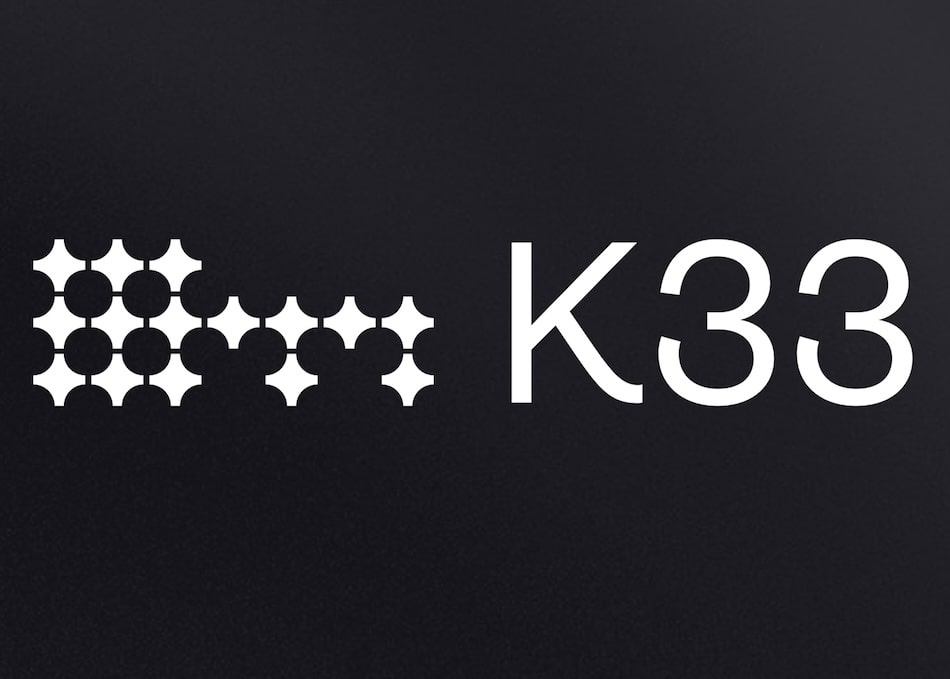
Spain’s Sumar parliamentary group has proposed significant amendments to the nation’s tax laws that would impact bitcoin and other digital assets.
The suggested reforms would shift bitcoin profits into the general income tax bracket, increasing the top tax rate from the current 30% savings rate to 47% for individuals. Corporate holders would face a flat 30% tax rate under these changes.
Sumar’s proposal details
Sumar, a junior partner in Spain’s governing coalition, also wants the National Securities Market Commission to introduce a “risk traffic light” system for digital asset investments.
The proposal includes classifying all cryptocurrencies as attachable assets, making them eligible for seizure by authorities.
Lawyer Cris Carrascosa described the plan as unenforceable, particularly for assets like Tether’s USDt, which cannot be held by regulated custodians under current European MiCA rules.
critics warn of negative consequences
Economist and tax adviser José Antonio Bravo Mateu criticized the amendments as “useless attacks against Bitcoin.”
He argued that these measures fail to understand the decentralized nature of bitcoin, stating:
“The only thing these measures achieve is to make its holders residing in Spain think about fleeing when BTC rises so high that they no longer care what politicians say.”
Some tax officials have recently suggested a more favorable regime for bitcoin, allowing for separation of wallets and specific accounting methods, but Sumar’s plan marks a sharp departure from this approach.
Spain’s ongoing tax enforcement
Spain’s tax agency has increased enforcement efforts in recent years, sending 328,000 warning notices to digital asset holders for the 2022 fiscal year and more than 620,000 for the following year.
Contrasting global approaches
While Spain considers stricter tax rules, Japan’s Financial Services Agency is seeking to lower the tax burden on digital asset gains.
Japan aims to implement a flat 20% capital gains tax, aligning digital assets with equities and potentially increasing competitiveness for traders and businesses.



